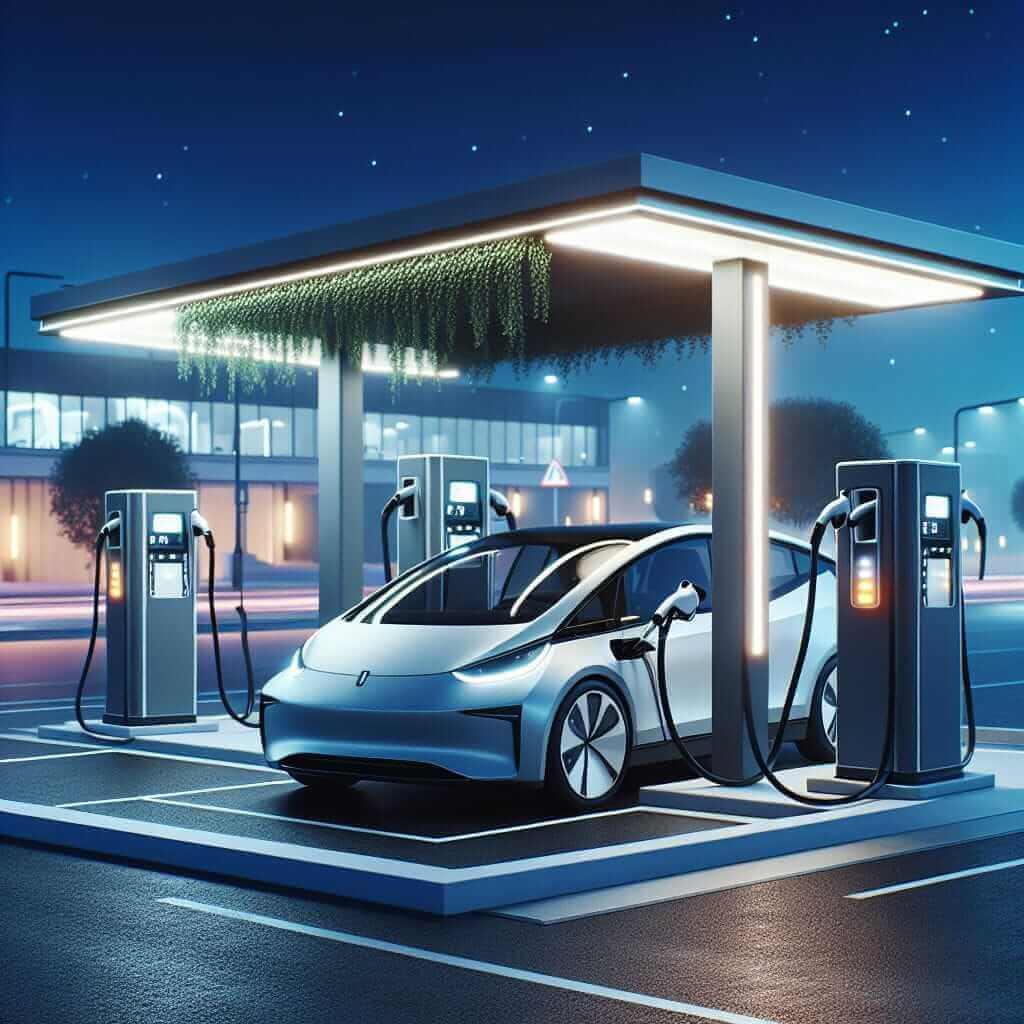The IELTS Reading component tests a candidate’s ability to extract and interpret information from diverse texts. Topics for these texts can range from historical events to current technologies. One increasingly popular subject in recent years has been the rise of electric vehicles (EVs) and their ramifications on the automotive industry. Given the ever-growing relevance of this topic, it is highly probable that similar themes may appear in future IELTS exams.
Introduction: The Reading Test and Key Themes
The IELTS Reading test comprises three sections, each increasing in difficulty. You will encounter various question types, from multiple-choice to short-answer questions. Themes like technological advancements frequently appear due to their relevance and comprehensibility. Electric vehicles represent a significant topic due to their environmental impact, technological advancements, and ongoing industry shifts.
Examining historical data, the frequency of topics related to the automotive industry suggests a high likelihood that you might encounter related themes. This article not only provides a practice reading test focused on the rise of electric vehicles but also includes valuable strategies for excelling in the IELTS Reading module.
Detailed Practice Reading Test on Electric Vehicles
IELTS Reading Passage
Below is a passage formatted according to the IELTS Reading standards. We have selected a Medium Text to provide a balanced challenge.
The global rise in electric vehicles (EVs) has initiated substantial shifts in the automotive industry. Governments worldwide increasingly impose stringent emission regulations, pushing car manufacturers to innovate. As a result, traditional gasoline engines are being phased out in favor of more eco-friendly alternatives.
Economic Impact: The economic landscape of the automotive sector is rapidly changing. Traditional car manufacturers are investing heavily in EV technology, partnering with tech firms to stay competitive. Tesla, a frontrunner in the EV market, has set new benchmarks, influencing other manufacturers to follow suit.
Technological Advancements: Innovations in battery technology have made EVs more viable for the masses. Lithium-ion batteries, the cornerstone of modern EVs, are now more efficient and affordable than ever. Research is ongoing to discover even more advanced materials and technologies that could further extend driving ranges and reduce charging times.
Environmental Benefits: One of the most significant advantages of EVs is their potential to reduce greenhouse gas emissions. Unlike gasoline-powered cars, EVs produce no tailpipe emissions, contributing to cleaner air and a reduction in global warming.
Market Response: Consumer behavior is also evolving. As awareness of climate change grows, more people are opting for sustainable options like EVs. Government incentives, such as tax credits and rebates, have further boosted EV adoption rates.
Challenges Ahead: Despite the positive trends, the transition to an all-EV future is fraught with challenges. The current lack of sufficient charging infrastructure and the higher upfront cost of EVs are significant barriers. However, continued advancements and supportive policies are expected to mitigate these issues over time.

Questions
Based on the above passage, answer the questions below. This will help you to practice various question types found in the IELTS Reading test.
Multiple Choice
-
What has primarily driven car manufacturers to innovate within the automotive industry?
a) Increasing gas prices
b) Government emission regulations
c) Consumer demand for luxury cars
d) Competition from foreign car manufacturers -
According to the passage, what has Tesla set in the automotive industry?
a) Lower price points for cars
b) New benchmarks for the EV market
c) Standards for traditional gasoline engines
d) Criteria for environmental benefits
Identifying Information (True/False/Not Given)
-
Lithium-ion batteries have made EVs viable for mass production.
- True
- False
- Not Given
-
EVs face challenges due to a lack of consumer interest.
- True
- False
- Not Given
Matching Headings
-
Match the following sections of the text with the appropriate heading:
i. Environmental Benefits
ii. Economic Impact
iii. Challenges Aheada) The current lack of sufficient charging infrastructure
b) The economic landscape of the automotive sector
c) EVs produce no tailpipe emissions
Short-answer Questions
-
What are two major barriers to the widespread adoption of EVs mentioned in the passage?
-
Name one automotive company highlighted as a frontrunner in the EV market.
Answer Key
- b) Government emission regulations
- b) New benchmarks for the EV market
- True
- False
- a) iii. Challenges Ahead, b) ii. Economic Impact, c) i. Environmental Benefits
- The lack of sufficient charging infrastructure and the higher upfront cost of EVs.
- Tesla.
Common Mistakes and Vocabulary
Common Mistakes
- Misunderstanding Questions: Always read the questions carefully. Misinterpreting what is asked can lead to incorrect answers.
- Skimming and Scanning: Practice these techniques to quickly locate information without losing the overall context.
- Time Management: Allocate your time wisely across all sections and questions.
Vocabulary
- Emission (n): /ɪˈmɪʃən/ – The production of gases or odors released into the air.
- Eco-friendly (adj): /ˌiːkəʊˈfrɛndlɪ/ – Not harmful to the environment.
- Viable (adj): /ˈvaɪəbl/ – Capable of working successfully.
- Incentives (n): /ɪnˈsɛntɪvz/ – Something that encourages a person to act.
- Upfront Cost (n): /ˌʌpˈfrʌnt kɒst/ – The initial cost before any later costs are calculated.
Important Grammar Points
-
Usage of Comparative Forms:
- “More efficient and affordable than ever.”
- Structure: Comparative adjective + than + comparative clause.
-
Passive Voice:
- “Traditional gasoline engines are being phased out.”
- Structure: Subject + be + past participle.
Conclusion
To excel in the IELTS Reading test, focus on improving reading speed, comprehension, and time management. Practice regularly with diverse topics like electric vehicles to build familiarity with different question types and content areas. Remember, consistent effort and targeted practice are keys to achieving a high score.